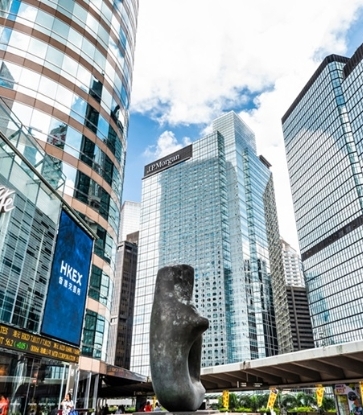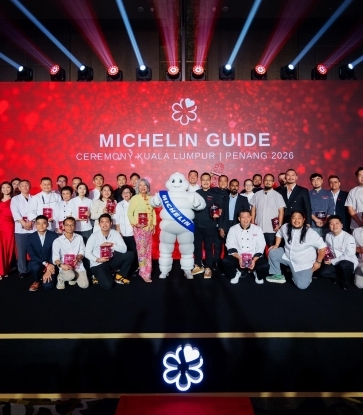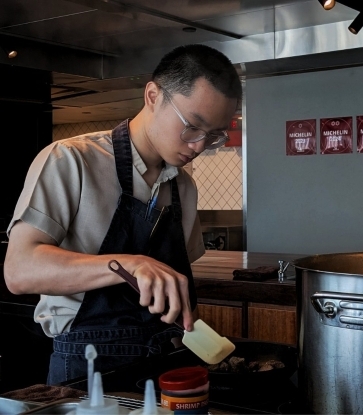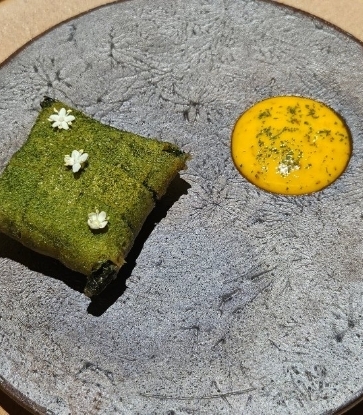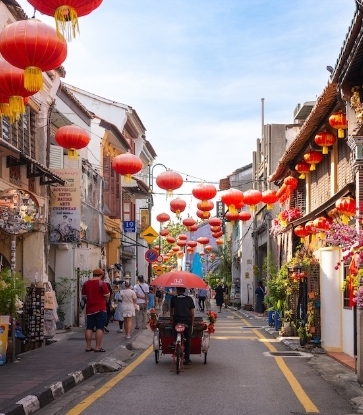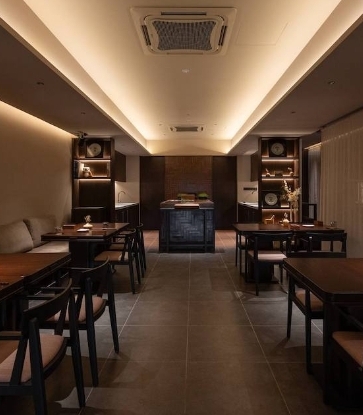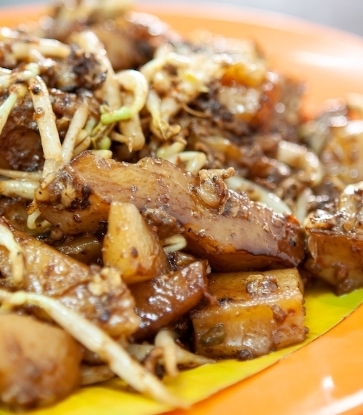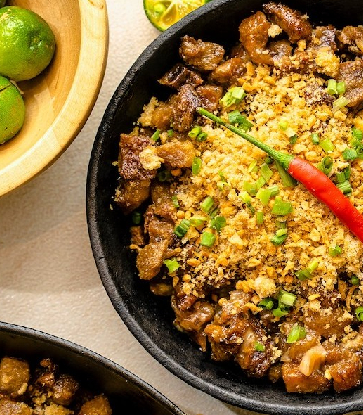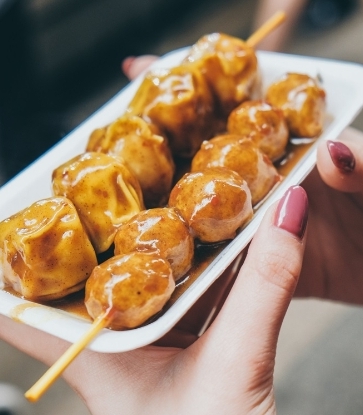The Hokkiens love their prawn noodles, known as "Hokkien Mee", as it originates from Fujian Province in Southern China, where the majority of George Town’s Chinese residents descended from.
“Mee” is the Hokkien word for “noodles”, as the dish utilises the classic thick, yellow-hued wheat noodles. In Fujian, the same dish is known as Prawn Noodles or Summer Noodles, as the peak season for prawn-fishing falls during the summer, and many Fujianese folks will also partake of the noodle dish then. The light, soupy noodles, with its trademark red-hued broth obtained from boiling prawn shells and prawn heads, is seen as a suitable dish for the hot summer months.

In Penang, the local version of the dish is much more intense in flavour, and spicy to boot, as ground red chillies are added to the broth to give it the signature reddish hue. For Penangites, nothing beats a good bowl of Hokkien Mee, and 888 Hokkien Mee (Lebuh Presgrave) serves a perfect rendition of the dish: a combination of Hokkien yellow noodles and thin rice vermicelli (called ”bee hoon” in Hokkien), immersed in a savoury-spicy prawn-pork broth. Garnishes include prawns, slivers of pork, hard-boiled egg, and fall-off-the-bone tender pork ribs. Crisp, golden-brown shallots round up the bowl of sheer deliciousness.
Her business name, “888 Hokkien Mee”, was suggested by a close Cantonese woman hawker friend who loved the auspiciousness of the sound, as “8” in Cantonese is a homophone of “Prosperity”.

888 Hokkien Mee (Lebuh Presgrave) was founded back in 1991 by 71-year-old Goh Poh Kim, a tiny, wiry woman with bright, intelligent eyes. Looking at her, one can feel the coiled-up energy contained within her compact, sinewy frame. Her restaurant opens at 3 p.m. sharp daily, except on Thursdays, when it is closed.
Customers start trickling in at around 2:45 p.m., and, before long, the slow trickle would have turned into a steady stream, with tables filling up quickly. By early evening, one will most likely have to join a long queue out on the sidewalk, awaiting one’s turn to order at the mobile pushcart located in front of the dining establishment.
Goh did not start off as a cook. From the time she was 19 till 38, she worked as a seamstress. She was match-made to marry young. Goh’s mother-in-law was a Hokkien Mee hawker veteran who ran a successful business since the 1970s, but she guarded her recipe closely and refused anyone, except her own daughter, to help run her business.
When the old lady passed on in 1991, Goh approached her sister-in-law to teach her how to cook the dish. As luck would have it, her sister-in-law was more than happy to share their family heirloom recipe. Goh made her big “mid-career” change and has never looked back since.

“It was really hard work at the beginning!”, Goh shared, “Everything was new to me: there were so many steps and so much work involved: peeling the shallots, de-shelling the prawns, boiling the prawns and the pork, sautéing the chilli paste... The large pots of soup broth were so heavy that I could barely lift them. I cried myself to sleep on many nights.”
But Goh persevered. For this brave, stubborn woman, her dogged will to succeed eventually saw her mastering the entire process to perfection. Looking at her today, confidently directing her kitchen crew, it’s hard to imagine her doing anything else.

Goh has a set routine that she adheres to: work starts early at home — around 8 a.m. to 9 a.m., where the chilli paste will be prepared — frying “chilli boh” (grounded red chilis), small purple onions, and garlic. Her son, Anson Ho, helps cook the chilli paste each morning, before he goes to work in his hairdressing salon. Ho's wife, Chloe Chong, is an insurance agent, but will come and help Goh manage their eatery on weekends when business gets really busy.
Meanwhile, over at her shop, a small crew of kitchen helpers are already busy with the various tasks at hand: unpacking the noodles, cleaning the vegetables, and boiling the prawns before de-shelling them. The prawn meat will be sautéed with chilli paste, to be used as garnishing later, whilst the prawn heads and shells will be ground, boiled further, and then sifted to produce the prawn stock.
For the eventual broth, the prawn stock will be boiled with pork bones, pork ribs, and pig’s trotters for about two hours. Salt and rock sugar are added. Goh quipped that the secret to a really good broth is simply: "the more prawns used, the better".

Customers love the rendition here as its pork-prawn broth has been described as having the perfect balance of flavours — light, savoury, and reminiscent of the old Fujian flavours of yore. The line of customers is endless, and the queue usually goes on till around 9:30 p.m. each evening, when everything is finally sold out.
Goh, untiring as always, will be in the midst of the cleaning-up action at the end of the day. “I love my work”, she smiles. Gesturing to her workers, she quips, “I let them do all the heavy lifting nowadays. I’m getting old.” But, looking at her determined expression, one gets the impression that this pocket dynamo of a woman is already looking forward to a new day.






